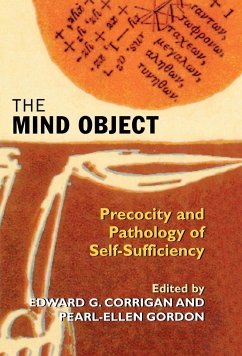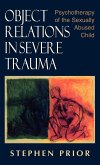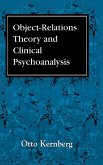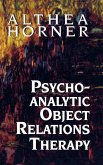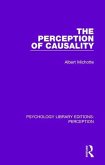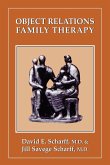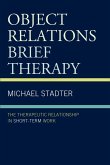Winnicott was the first to describe how very early in life an individual can, in response to environmental failure, turn away from the body and its needs and establish "mental functioning as a thing in itself." Winnicott's elusive term, the mind-psyche, describes a subtle, yet fundamentally violent, split in which the mind negates the role of the body, its feelings and functions, as the source of creative living. This book extends Winnicott's ideas to introduce the concept of the mind object, a term that signifies the central dissociation of the mind from the body. When the mind takes on a life of its own, it becomes an object - separate, as it were, from the self. And because it is an object that originates as a substitute for maternal care, it becomes an object of intense attachment, turned to for security, solace, and gratification. Having achieved the status of an independent object, the mind also can turn on the self, attacking, demeaning, and persecuting the individual. Once this object relationship is established, it organizes the self, providing an aura of omnipotence. However, this precocious, schizoid solution is an illusion, vulnerable to breakdown and its associated anxieties. The Mind Object explores the dangers of knowing too muchthe lure of the intellect - for the patient as well as for the therapist. The authors illuminate the complex pathological consequences that result from precocious solutions.
Hinweis: Dieser Artikel kann nur an eine deutsche Lieferadresse ausgeliefert werden.
Hinweis: Dieser Artikel kann nur an eine deutsche Lieferadresse ausgeliefert werden.

